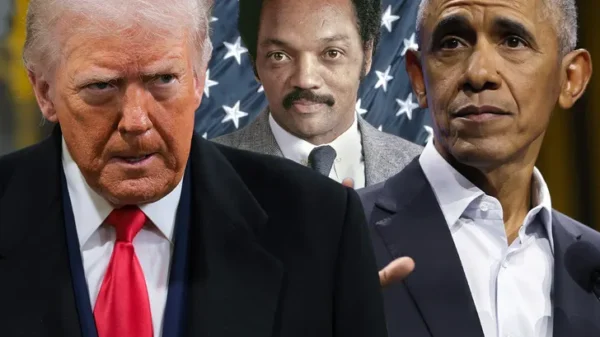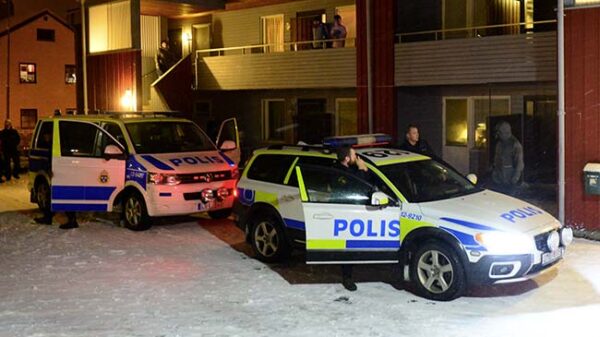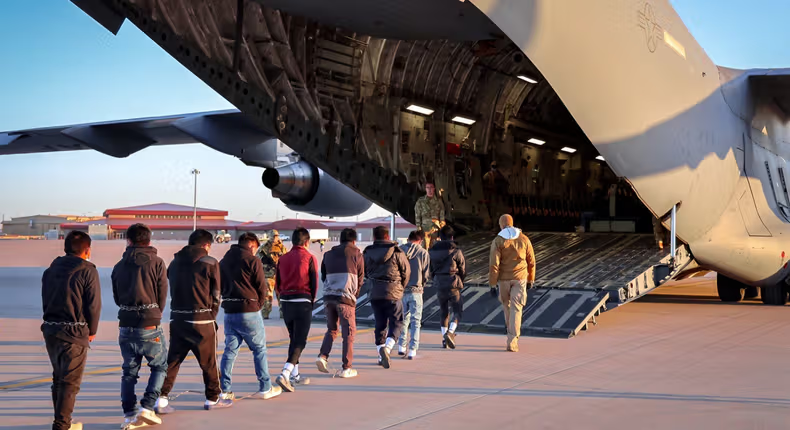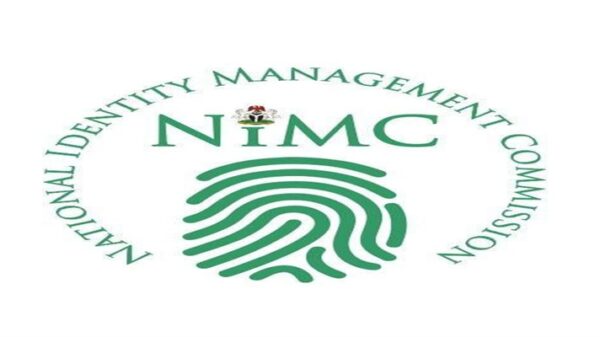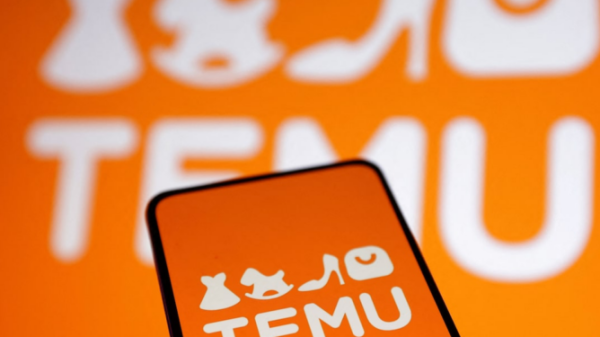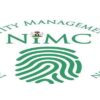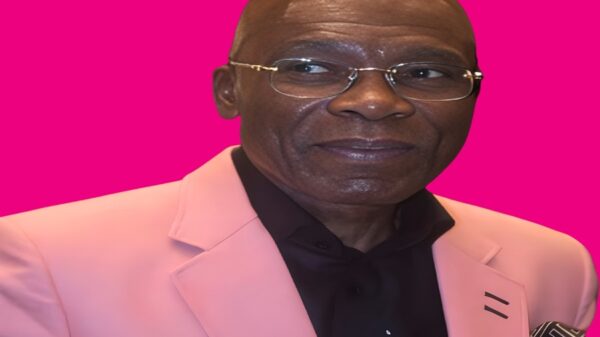The Nigerian Senate on Wednesday, approved the sum of $ 5,803,364,553.50 and a grant component of N10 million dollars under the External Loan, Renewable 2018–2020 plan.
The approval followed the consideration of a report from the Local and External Debt Committee during Wednesday’s plenary.
Committee Chair Senator Clifford Ordia in his presentation said that the $ 2,300,000,000 would be obtained from the World Bank, $ 2,300,000,000 from the German Consortium, $ 90,000,000 from the Islamic Development Bank, $ 276, 981, $ 586.50 from the Bank of China and $ 50,000,000 from the International Fund for Agricultural Development, IFAD.
He recalled that President Buhari, in a communication dated May 6, asked the Senate to consider and approve the Federal Government’s External Debt Plan (Rolling) from 2018 to 2020.
He said that the 2018-2020 External Debt Plan (Rolling) contained a request for approval in the amount of 36,837,281,256 dollars plus € 910,000,000 and a Donation Component of 10,000,000 dollars and that the Senate in plenary session in July 2021 approved the financing for projects as recommended by the committee while the committee continued with additional legislative action and consideration of the pending application.
Ordia added that on September 15, 2021, the president of the Senate read another communication from the president that contained an annex to the External Debt Plan (renewable) 2018-2020 in the amount of $ 4,054,476,863, € 710, 000,000 and the grant component of $ 125,000,000.
“This figure is for various projects and it was also sent to the Committee for future legislative actions.
In accordance with the commission’s recommendation, the full Senate in November 2021 approved the sum as project funding as recommended by the panel.
He explained that the request for approval of $ 5.8 billion is part of the Committee’s mandate regarding the External Debt Plan (Rolling) 2018 to 2020.
“The projects to be financed with the loan will have a great multiplier effect to stimulate economic growth through infrastructure development, job creation, poverty alleviation, health care and improvement of the security architecture of the city. nation”.
![]()

